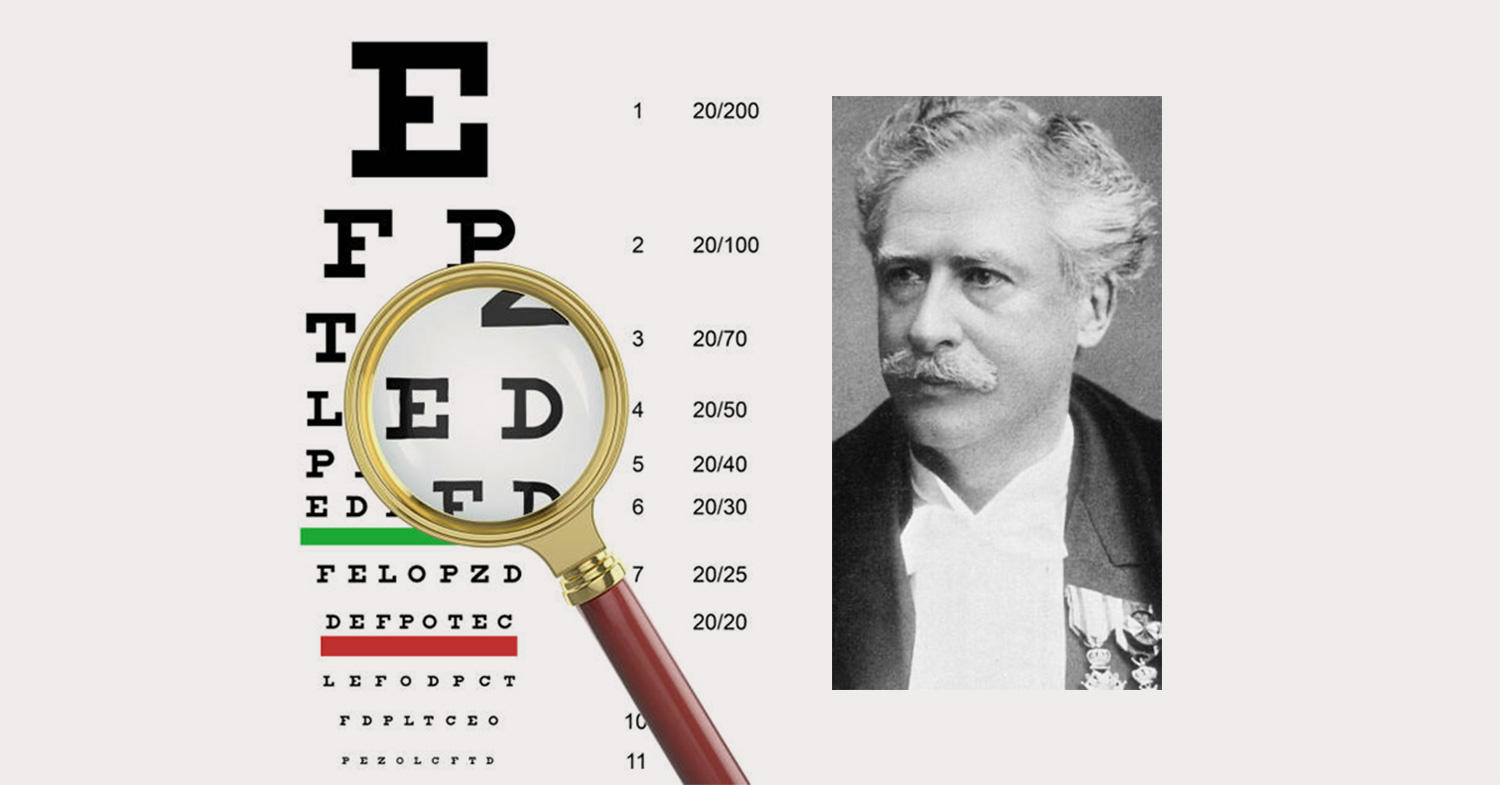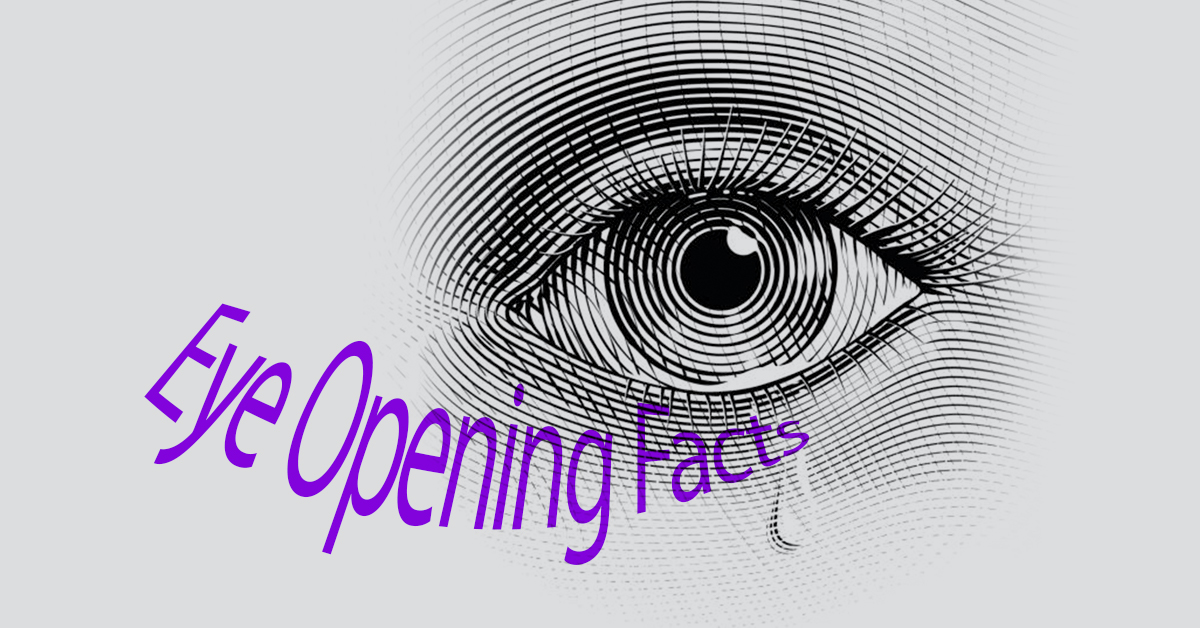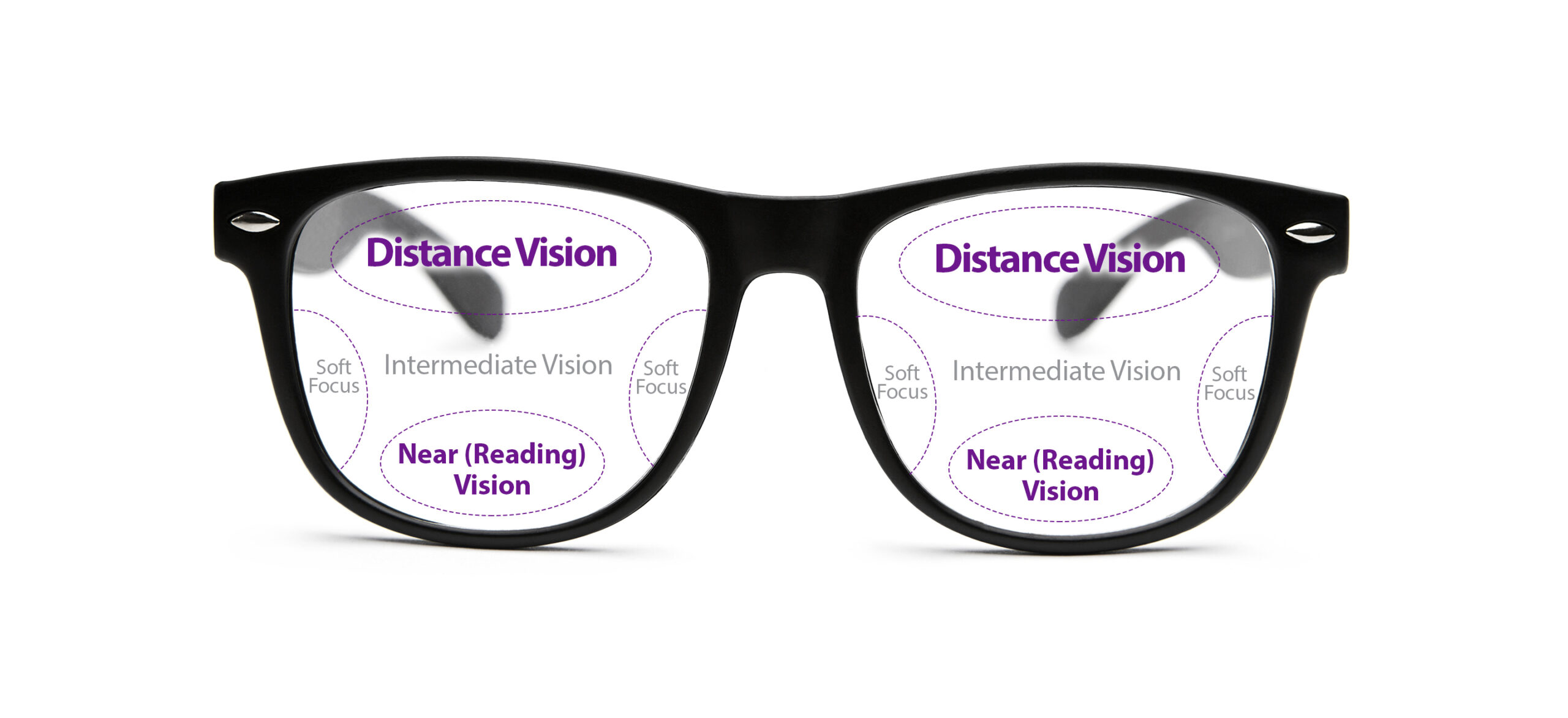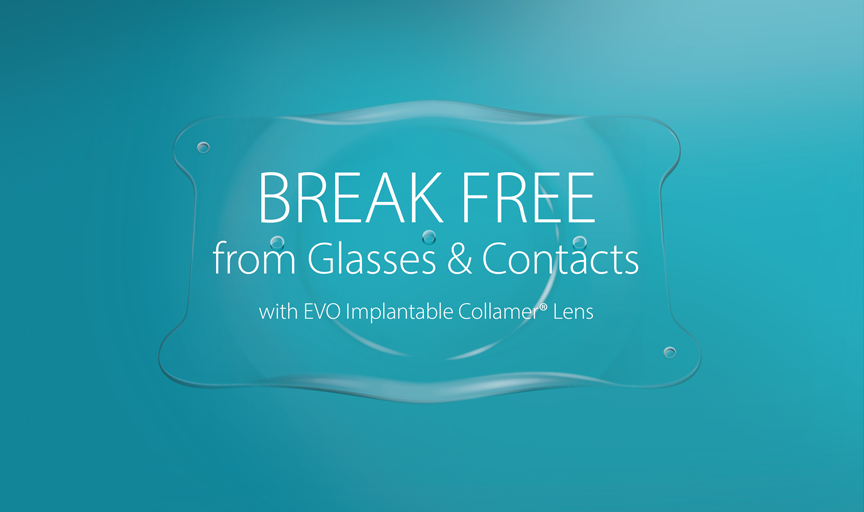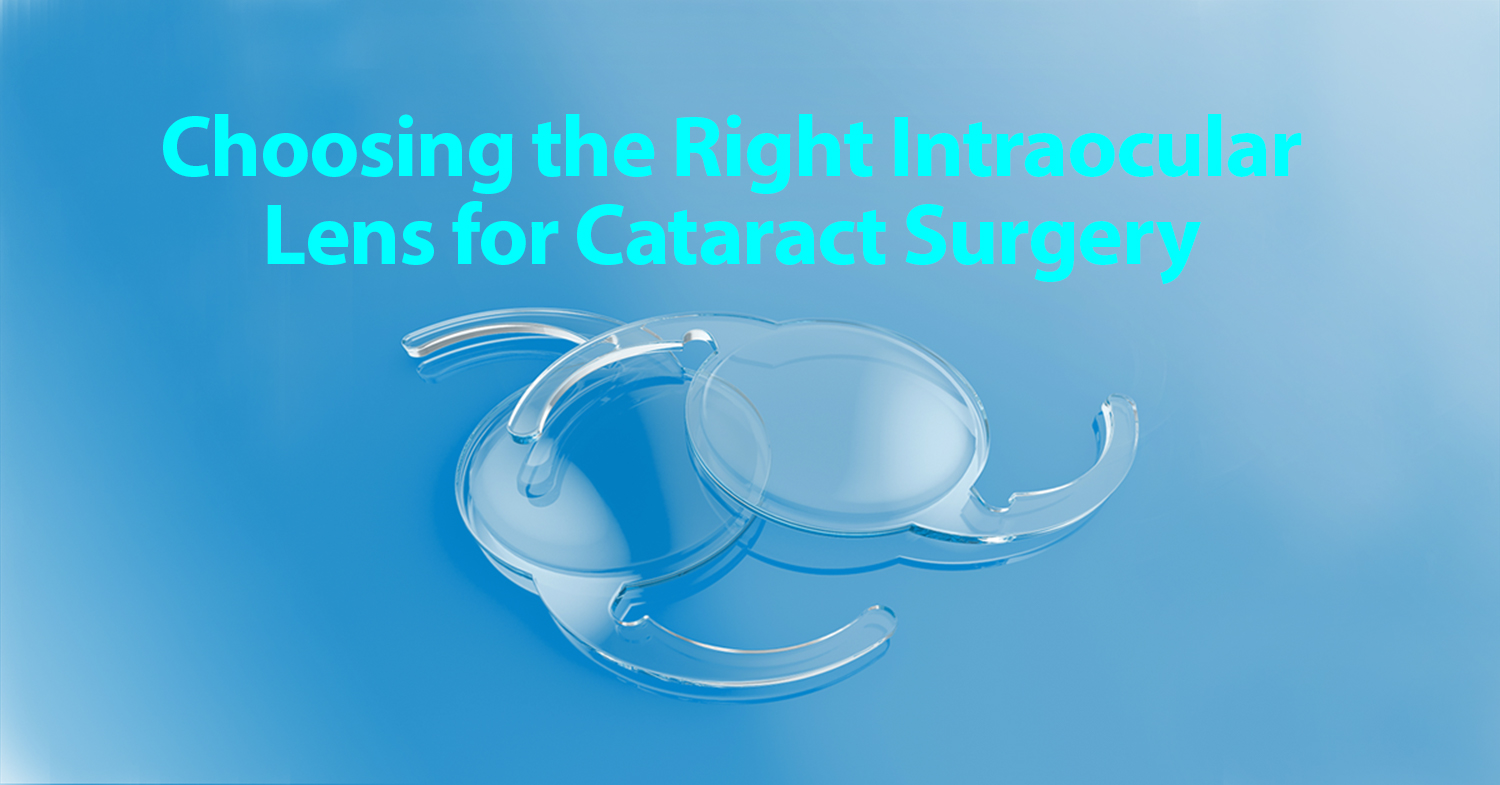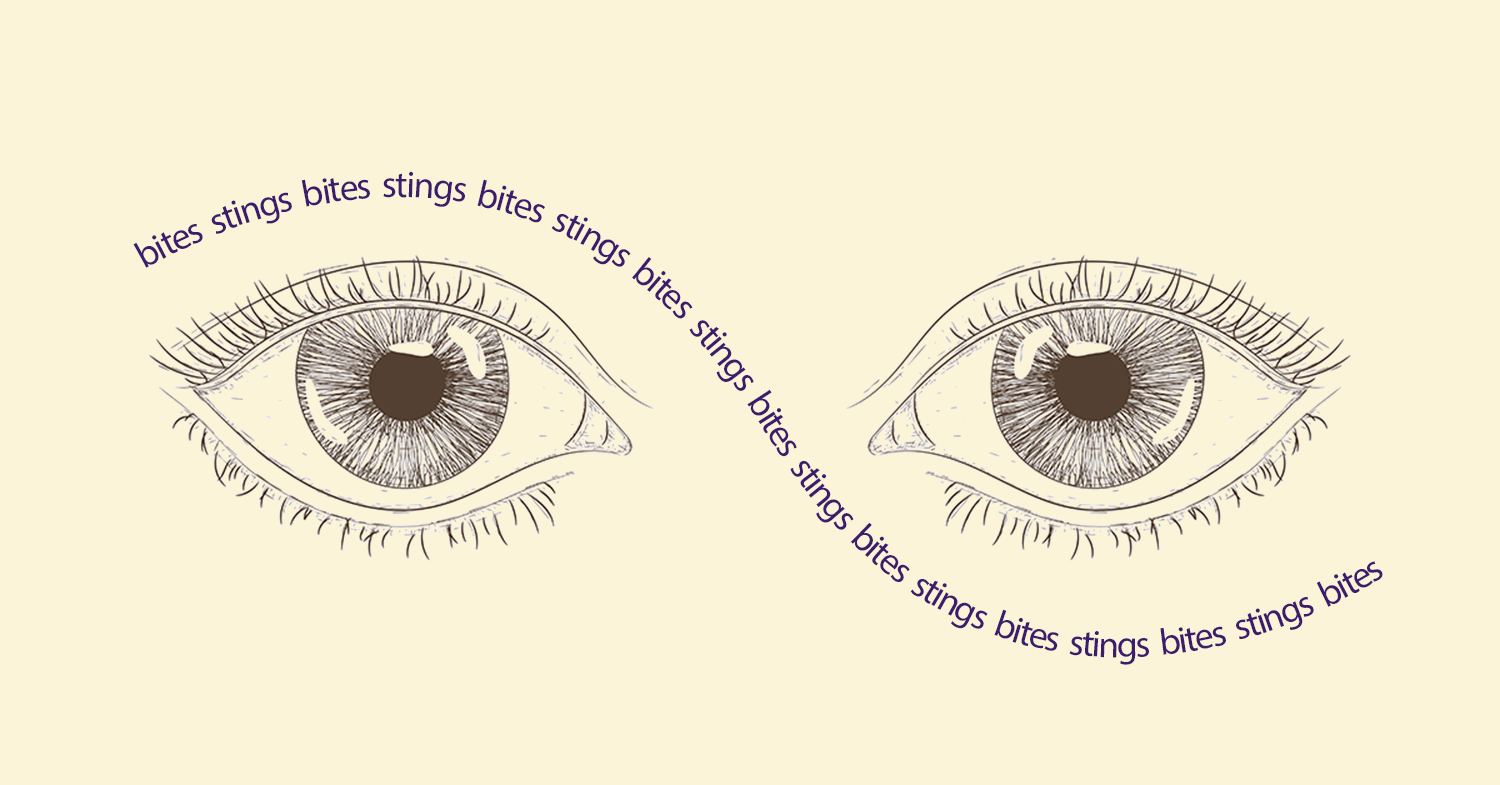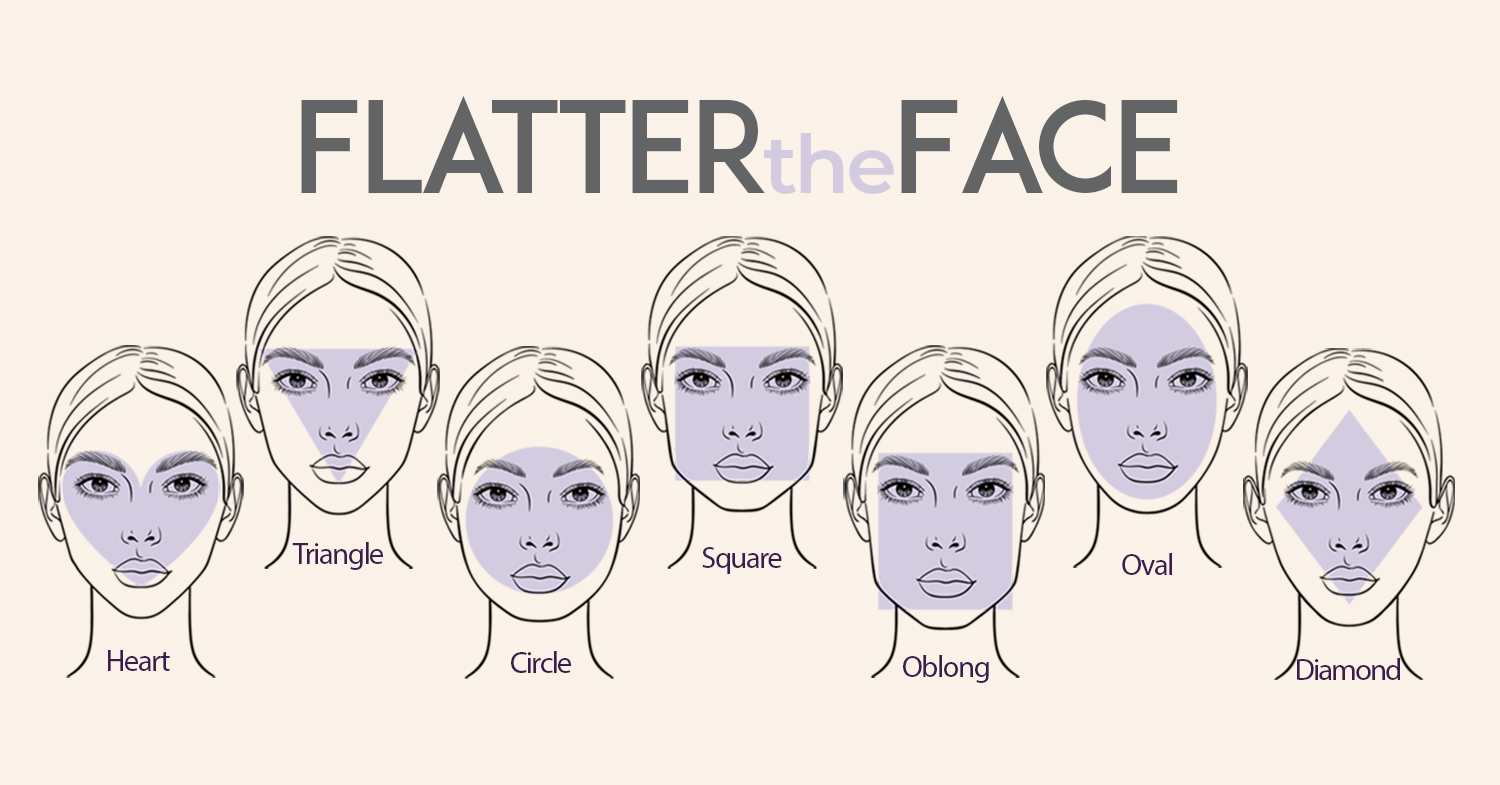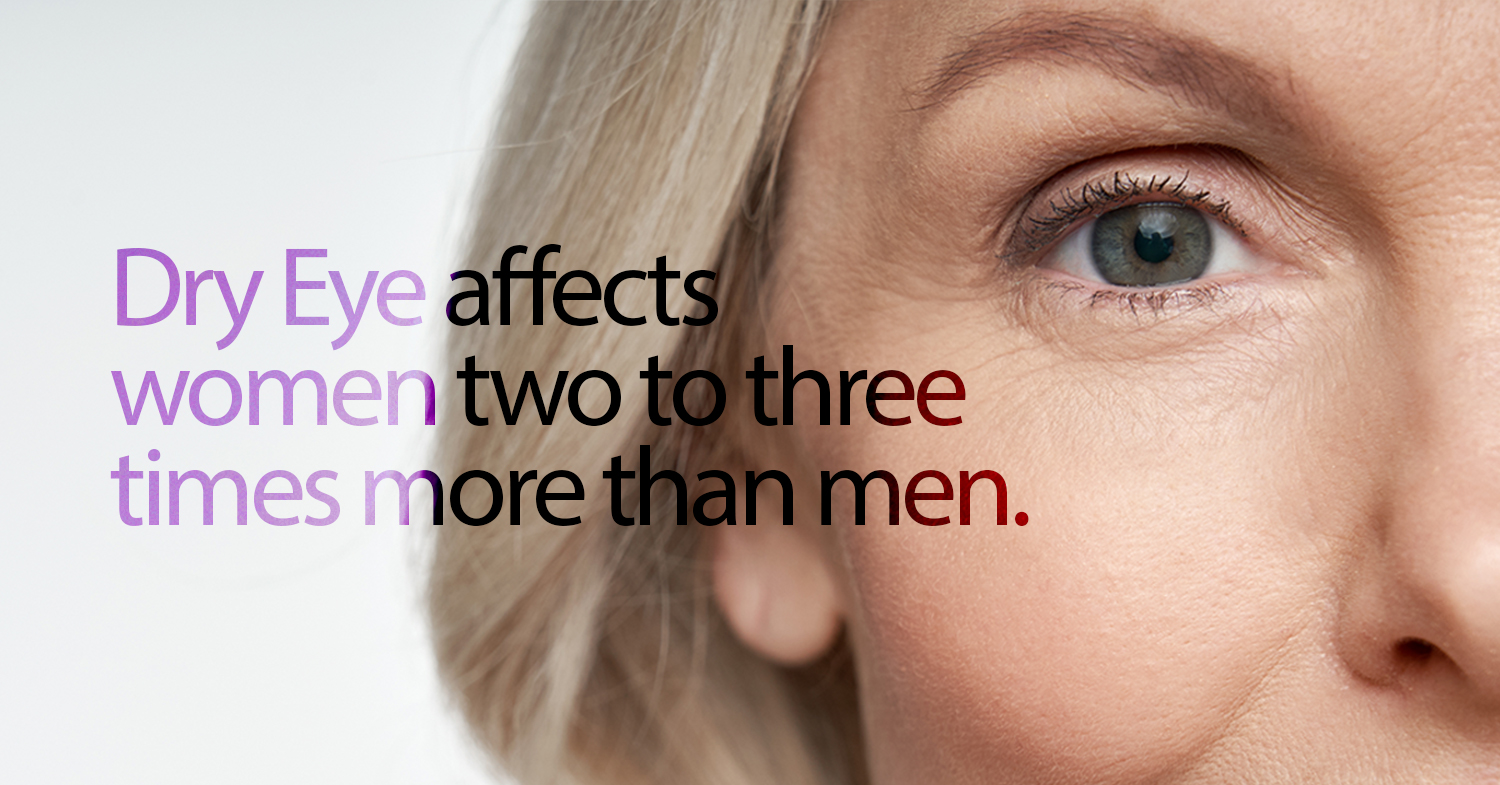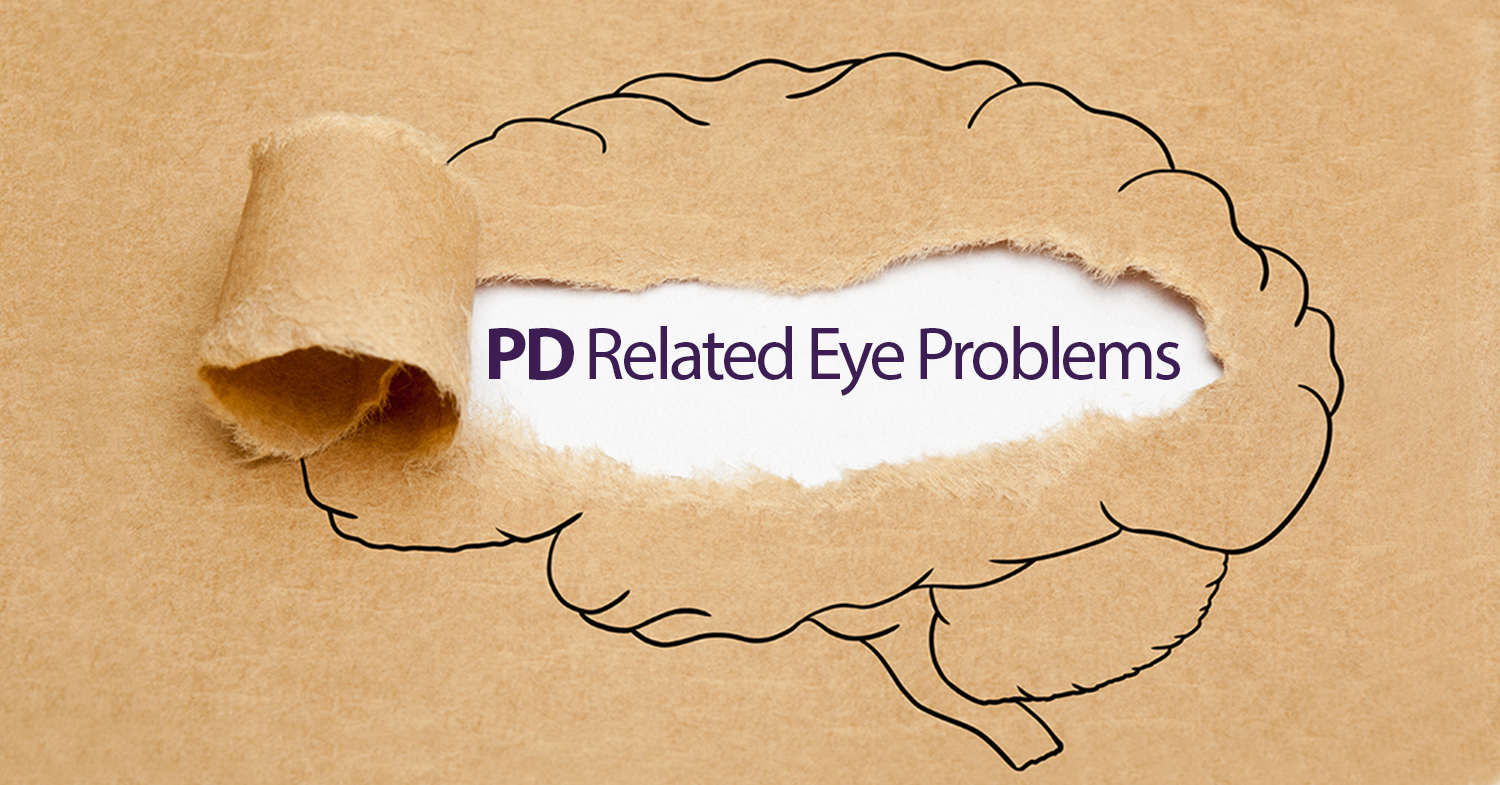Looking Toward the Future
As we extend our fond Thanksgiving memories forward into the December holidays, we at Atlantic Eye are reminded that, first and foremost, this is the season of giving. And what better gift could there be than the gift of sight? That’s why at this time of year we thought it important to share some information […]
Do You Know Snellen?
Most of us are familiar with the chart an eye doctor asks us to read during an eye exam to help determine if we need glasses or contacts, or to make changes to an existing prescription. The eye chart measures visual acuity, which is clarity or sharpness of vision. But where does that chart come […]
Ten Things You Probably Don’t Know About Tears
Our everyday tear film is essential for the way it protects our eyes, keeps them moist, and allows us to see clearly. And if you’ve ever had a run-in with a raw onion or sad movie, or numerous other triggers, you’re familiar with the uniquely human phenomenon known as crying. It turns out that tears […]
Progressive Lenses – Are They For You?
Starting around age 40 and as we age, we may begin to notice changes in the ability of our eyes to see clearly at various distances. The ability of our eyes to change focus between near, middle, and far distances tends to diminish as we age. Progressive eyeglass lenses are designed to enable you to […]
Introducing EVO Visian ICL Lens: The Latest Advancement in Vision Correction Surgery
At Atlantic Eye, we take pride in offering you a variety of advanced vision correction options so we can find the best vision solution for you. We are excited to announce that the EVO Visian ICL Lens, which earned FDA approval in the United States on March 25, 2022, is now available for our patients […]
Back-to-School Checklist: #1: Eye Exam for your Child
September means back-to-school, a time when, as a parent, you try to do everything you can to prepare your child for success in the new academic year. New clothes, school supplies, haircuts and new schedules all play their part; but one of the most important learning tools is good vision, an essential factor that is […]
Lens Implants for Cataract Surgery: Know Your Options
If you live a long life, as most of us would wish, you’re very likely to develop impaired vision because of cataracts. And sooner or later, just about everyone opts for cataract surgery to restore good vision. You may already know that cataract surgery involves replacing the clouded natural lens inside the eye with a […]
Bites & Stings Around the Eye – Bee Careful!
Bees and wasps are with us outdoors as we enjoy the summer weather, and most of the time, these busy little pollinators don’t sting us. It’s even less likely to be stung near or in the eye, but it’s helpful to know what to do if that should happen. AROUND is different from IN A […]
July is UV Safety Month – Here’s Why All Sunglasses are Not Created Equal
Sunglasses may be a fun fashion accessory, but more importantly, they should protect our eyes from ultraviolet (UV) rays produced by the sun. These UV rays—including UVA and especially UVB— damage the eye’s surface tissues, cornea, and lens. Over time, that damage can lead to cataracts, macular degeneration, and other vision-stealing eye conditions. So when […]
It’s Pool Time! — Cooling Down the Burn of Swimmer’s Eye
The ouch, the itch, the sting – summer is a time to enjoy the cooling off in the pool, but most of us are familiar with the red-eyed discomfort that can occur after even the most refreshing dunk. Exposure to ocean, lake, or pool water is tough on the eyes. But if you love to […]
The Depression / Vision Connection — A Double-edged Sword for the Eyes
The problem of depression and its health consequences has always been with us, reportedly even more so due to the ongoing effects of the COVID-19 pandemic. Depression is an insidious enemy that attacks our physical health and well-being, and our eyes are no exception. Studies suggest that vision problems may both cause and be caused […]
Confused About the Right Frames for your Face? You’re Not Alone!
When you visit the Atlantic Eye Optical department with your prescription in hand, it’s thrilling to see and try on the many styles, shapes, colors, and materials of fashionable eyeglasses. But it can be hard to make that final decision with confidence. Here’s some advice about what styles will tend to flatter your individual face […]
More women than men take this “prize”: Dry Eye!
For Mother’s Day and every day, women beat out men in being more likely to develop the ophthalmic condition known as Dry Eye Syndrome. In fact, dry eye is two to three times more likely to affect women than men, at any age. Sorry, ladies, we know this is not a race you want to […]
Parkinson’s and the Eye — April is Parkinson’s Awareness Month
This month, in observance of Parkinson’s Awareness Month, it seems timely for us at Atlantic Eye to note how this disorder may affect the eyes, and what can be done to treat issues that may arise. According to the American Parkinson Disease Association, eye problems that may be associated with Parkinson’s (PD) include: 1. Eye […]


